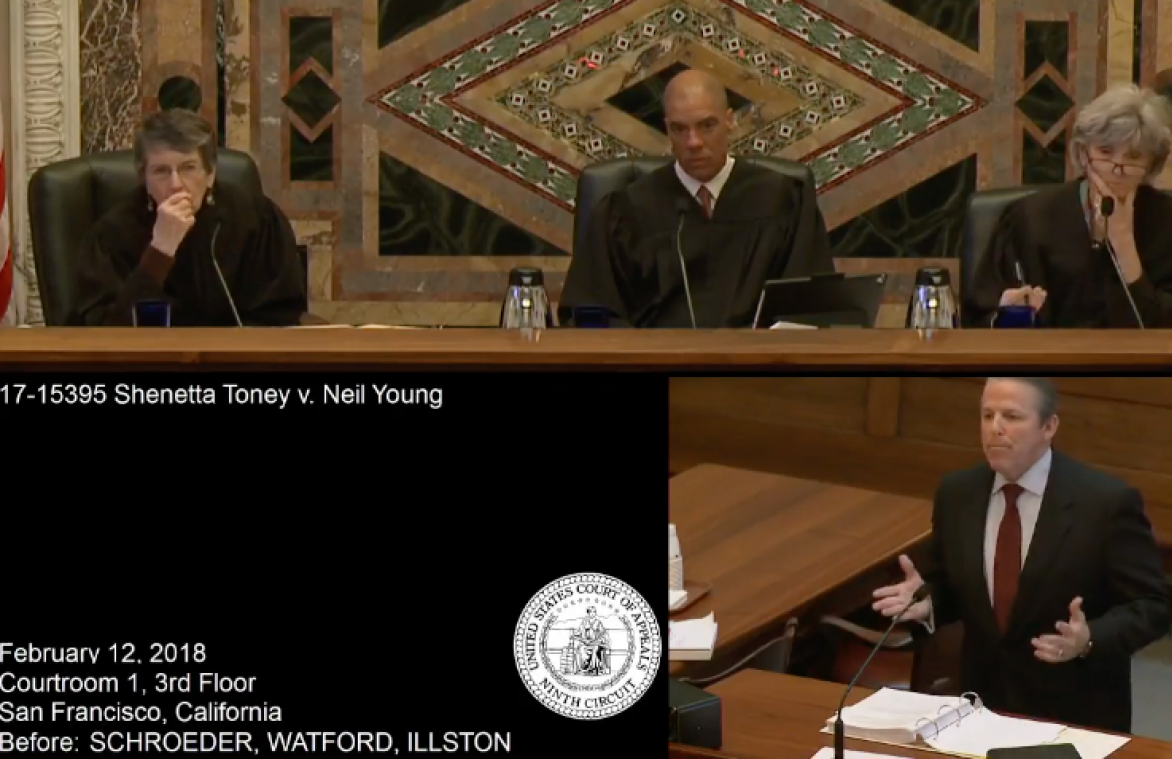A former high school campus supervisor who lost her job after telling students to film police officers allegedly engaged in excessive force also lost her First Amendment lawsuit. The 9th U.S. Circuit Court of Appeals determined that her speech to her students about the police was made in her capacity as an employee rather than a citizen.
Shenetta Toney worked as a campus supervisor at Bear Creek High School in Stockton, California, from 1999 until 2014. In April 2014, a fight broke out on school parking lot grounds between students and non-students. Toney was one of the individuals trying to break up the melees. When the police arrived, the police arrested a female African-American student. Toney believed the police used excessive force in effectuating the arrest. She told her students “to get out their phones and record it.” She also said the arrest “was police brutality” and “bullshit.”
School officials eventually terminated Toney for her conduct that day. She responded by filing a lawsuit in federal court, contending she was fired for First Amendment-protected speech.
In Feb. 2017, a federal district court ruled in favor of school officials. On March 1, 2018, a three-judge panel of the 9th Circuit unanimously affirmed in Toney v. Young. The 9th Circuit reasoned that Toney “spoke in her capacity as a public employee” under the U.S. Supreme Court’s rule in Garcetti v. Ceballos (2006). In Garcetti, the Supreme Court established a categorical rule that public employees have no First Amendment free-speech rights when they engage in official, job-duty speech.
The 9th Circuit explained that “her comments were made during the course of her duties as a campus supervisor to maintain campus order and safety.” The 9th Circuit also explained that under Garcetti it doesn’t matter how important the speech is.
The 9th Circuit’s decision shows the reach of the Garcetti decision – a ruling that has silenced many public employee free-speech claims.
If events unfolded as Toney claims, the 9th Circuit’s decision is troubling. A school official should have the right to complain about excessive force and even to tell students to film it.
But, in a legal world with a terrible ruling like Garcetti, public employees like Shenetta Toney have no First Amendment-related recourse.

